|
If your child is in the Music Moves programme you (and they) may start to wonder when they will start to learn to read music, after all most piano lessons involve learning to read music almost from day one. Music Moves is different. In this audiation based approach children learn music first, and music reading later. Audiation: the ability to think music in the mind with understanding Learning about music is not learning music. If your child is in the first few years of the programme then they are currently busy learning music through listening to it, moving to it and making it. They are developing their audiation. Formal music reading will be introduced when they are ready to grasp abstract concepts, around age 10-11. At that stage it’s their audiation that will help them read music with understanding. More on that later.
Imagine how impossible that would be – how would you describe a world they had never experienced, how could they ever deeply understand about the world only through reading about it. Instead of being filled with joy and wonder, your child’s experience would be dry and meaningless. Music is wonder, awe, sadness, despair, joy, happiness. Music takes the experience of being human and delivers that experience back to us through sound. It is with us when we’re happy, when we’re sad, when we want our mood lifted, when we want to relax – there are thousands of pieces of music for every human emotion and experience. If music reading is introduced as soon as a child starts learning an instrument then they are at risk of missing out on the wonder of music. Music Moves for Piano is based on Music Learning Theory, developed by Dr Edwin Gordon who spent his career studying how children learn music and coined the term 'audiation'. People who audiate can:
If we want children to easily read music then we have to start from an aural / oral perspective When children can grasp the concept that: sounds the same as and both use the same rhythm syllables but are written differently, then they are ready to formally learn how the musical patterns they already know are notated. Taught in this way, the ear, the heart and audiation are at the centre of the music learning experience. Before this children will be exposed to how music is notated by looking at the score and noticing patterns, so they will start to recognise patterns before the formal instruction begins. This puts them in a good place as they will start to become familiar with music notation long before they are expected to read and play from it. Gordon's research shows that children can grasp abstract concepts such as this, around age 10-11
I am just starting to experience audiation. So far this means I sometimes just ‘know’ what is coming when I sight read (hopefully that will improve some more!); I hear more of the important notes in the music I’m playing; I can learn and retain complex pieces more quickly. I see what children in the programme can do, the joy they derive from their lessons and music making and am excited to see what lies ahead for all of us. It might look to both you and your child that you are not making progress, or that progress is too slow, or that you are not learning what you expected to learn. But the learning is happening in your child’s audiation. You can’t see this, you will only hear it, and they will experience it as time goes by. Your child’s experience and knowledge of music is growing steadily and will gradually become evident in the way they play and change their pieces, their improvisations, their compositions. If you want to compare to their peers look at more than music reading. Ask yourself, can they do the things people that are learning to audiate can do? They may be able to read music, but you can do so much more than this: you can make your own music. I'll leave you with a quote from the author of Music Moves for Piano: ‘Music notation, in itself, cannot teach music reading. What this means, is that with a familiar music vocabulary (what we are building from day one of Music Moves) children learn to understand and play music they have never seen or heard before. In other words, they can sight read music far more easily than those who have not been taught this way. I hope you will agree this is a goal well worth pursuing.
0 Comments
Your comment will be posted after it is approved.
Leave a Reply. |
Caroline BlountDirector of Surrey Music School. Archives
January 2024
Categories
All
|
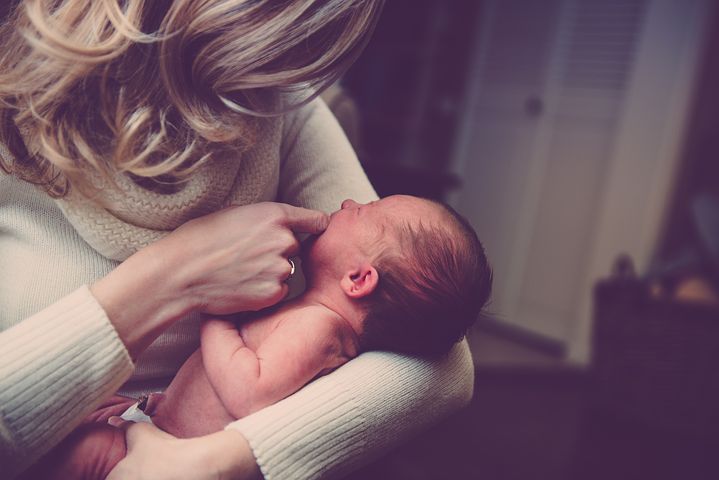


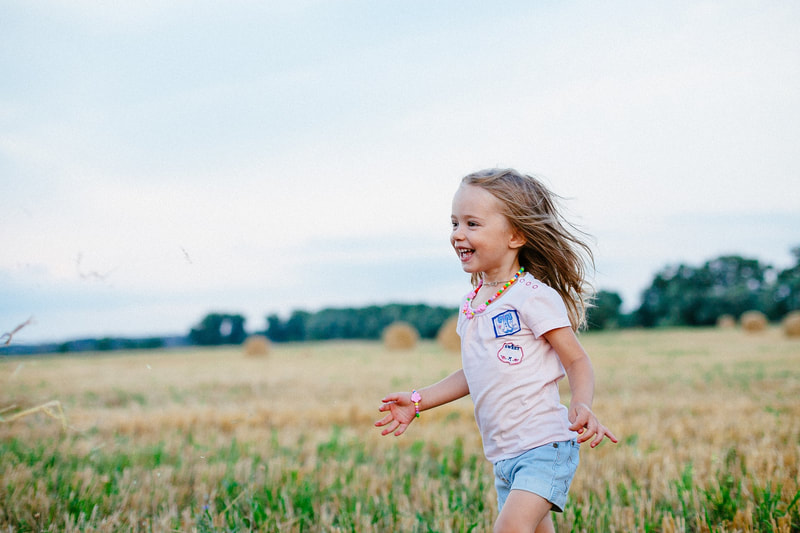
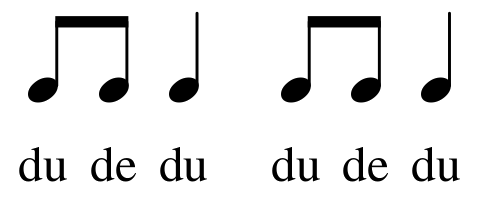
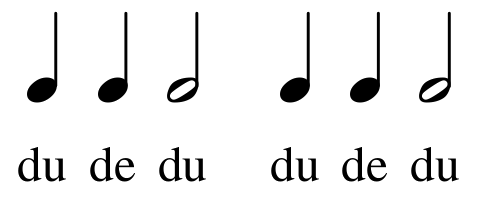
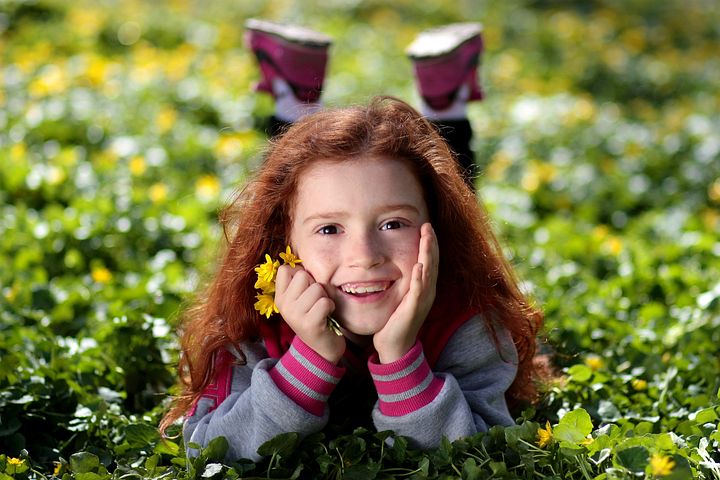
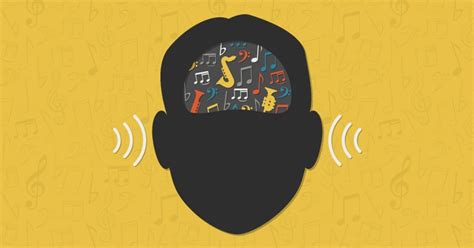
 RSS Feed
RSS Feed